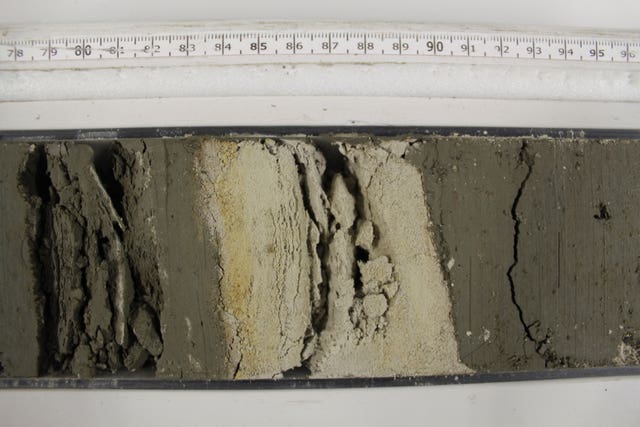
Two intense spells of volcanic activity triggered a period of global cooling and falling oxygen levels in the oceans, and may have caused one of the most severe mass extinctions in the history of the Earth, according to a new study.
About 85% of ocean species were left extinct by the cooling event 450 million years ago, the researchers from the universities of Southampton, Leeds, Plymouth and Oldenburg found.
The study looked at the effects of volcanic ash and lava on ocean chemistry and extreme environmental change and the late Ordovician mass extinction for the study published in the journal Nature Geoscience.
Dr Tom Gernon, associate professor at the University of Southampton, said: “The unresolved puzzle is why glaciation and extinction occurred in two distinct phases at this time, separated by about 10 million years.”
The team identified that two exceptionally large pulses of volcanic activity across the globe, occurring in parts of present-day North America and South China, coincided very closely with the two peaks in glaciation and extinction.
Dr Gernon said this type of volcanism was normally linked to CO2 release and global warming and explained that “weathering” of the volcanic material might have provided a surge in phosphorus deposits needed to cause the glaciations.

The scientists conclude that whilst on short timescales massive volcanic eruptions can warm the climate via CO2 emissions, equally they can drive global cooling on multimillion-year timescales.
Lead author Dr Jack Longman, of the University of Oldenburg, said: “Our study may prompt reinvestigations of other mass extinctions during Earth history.”
Explaining the importance of the phosphorus deposits, he said: “Phosphorus is one of the key elements of life, determining the pace at which tiny aquatic organisms like algae can use photosynthesis to convert carbon dioxide (CO2) into organic matter.”
He added that these organisms eventually settled to the seabed and were buried, ultimately reducing levels of CO2 in the atmosphere, which then cause cooling.


Why are you making commenting on The National only available to subscribers?
We know there are thousands of National readers who want to debate, argue and go back and forth in the comments section of our stories. We’ve got the most informed readers in Scotland, asking each other the big questions about the future of our country.
Unfortunately, though, these important debates are being spoiled by a vocal minority of trolls who aren’t really interested in the issues, try to derail the conversations, register under fake names, and post vile abuse.
So that’s why we’ve decided to make the ability to comment only available to our paying subscribers. That way, all the trolls who post abuse on our website will have to pay if they want to join the debate – and risk a permanent ban from the account that they subscribe with.
The conversation will go back to what it should be about – people who care passionately about the issues, but disagree constructively on what we should do about them. Let’s get that debate started!
Callum Baird, Editor of The National
Comments: Our rules
We want our comments to be a lively and valuable part of our community - a place where readers can debate and engage with the most important local issues. The ability to comment on our stories is a privilege, not a right, however, and that privilege may be withdrawn if it is abused or misused.
Please report any comments that break our rules.
Read the rules here